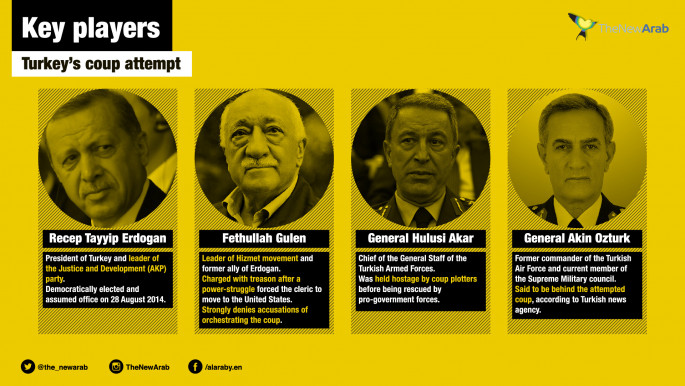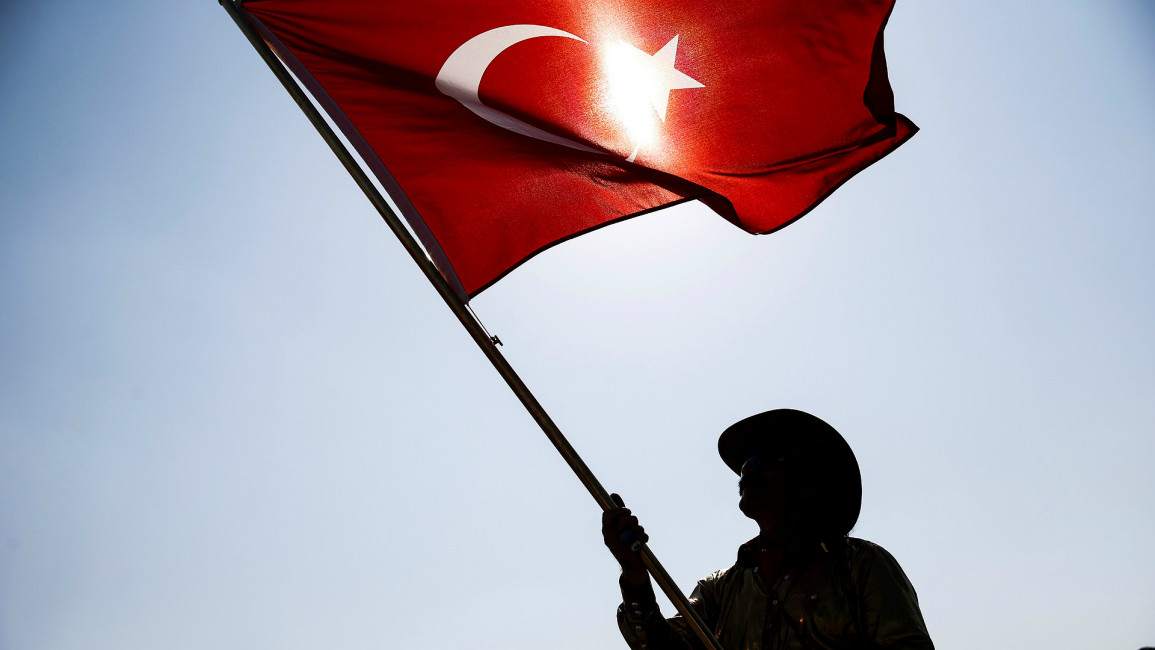Turkey warns US not to 'sacrifice' ties over Gulen
Ankara, who has requested Fethullah Gulen be extradited from his US-based home as part of an investigation into the failed coup, said "if the US does not deliver (Gulen), they will sacrifice relations with Turkey for the sake of a terrorist."
But the 75-year-old cleric and former ally of President Recep Tayyip Erdogan has categorically denied accusations suggesting he was the mastermind behind the July 15 attempted putsch which saw a rogue military faction try to oust the Turkish leader.
On Friday Gulen’s lawyer said Turkey had failed to provide "a scintilla" of proof to support its claim.
"What if there was an attempted assassination of (President Barack) Obama while he was on holiday with his wife and children, if the White House was bombed, if tanks were driven over people, if soldiers shot at people from helicopters and the terrorist head responsible for all this was in Turkey?" Turkish Justice Minister, Bekir Bozdag asked during a televised briefing with reporters in Ankara.
The US State Department responded describing Turkey’s rhetoric as unhelpful, calling for authorities to be "to be responsible in their statements".
"We believe our relations and our partnership and our friendship with Turkey is strong," US State Department spokeswoman Elizabeth Trudeau said to reporters, adding that any extradition of Gulen would be "a legal, technical process... governed by the 1981 extradition treaty signed by both of our countries".
She condemned claims in the Turkish press that the Wilson Center, a US academic institution, was involved in the coup.
"This sort of conspiracy theory, inflammatory rhetoric – as I said – is absolutely not helpful," she said. "Conspiracy theories get us nowhere."
The coup attempt took place while Erdogan was on a family holiday in southern Turkey and saw both the parliament and the area around the presidential palace bombed from the air.
Tens of thousands of people from the military, judiciary, and civil service and education sectors have been sacked or detained since July 15, prompting heavy criticism from the West.
US Secretary of State John Kerry, who could visit Turkey in late August according to Ankara, said just days after the coup attempt that Turkey must present "genuine evidence" and "not allegations" against Gulen for his extradition.
Bozdag said around 16,000 were in custody ahead of trial while another 6,000 people were in detention awaiting initial court hearings.
The mass dismissals have created gaps in state institutions and Prime Minister Binali Yildirim said on Tuesday 25,000 new teachers and police officers would be employed after the purge.
 |
|



